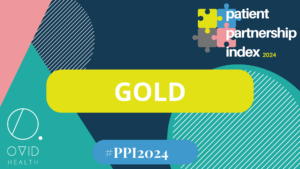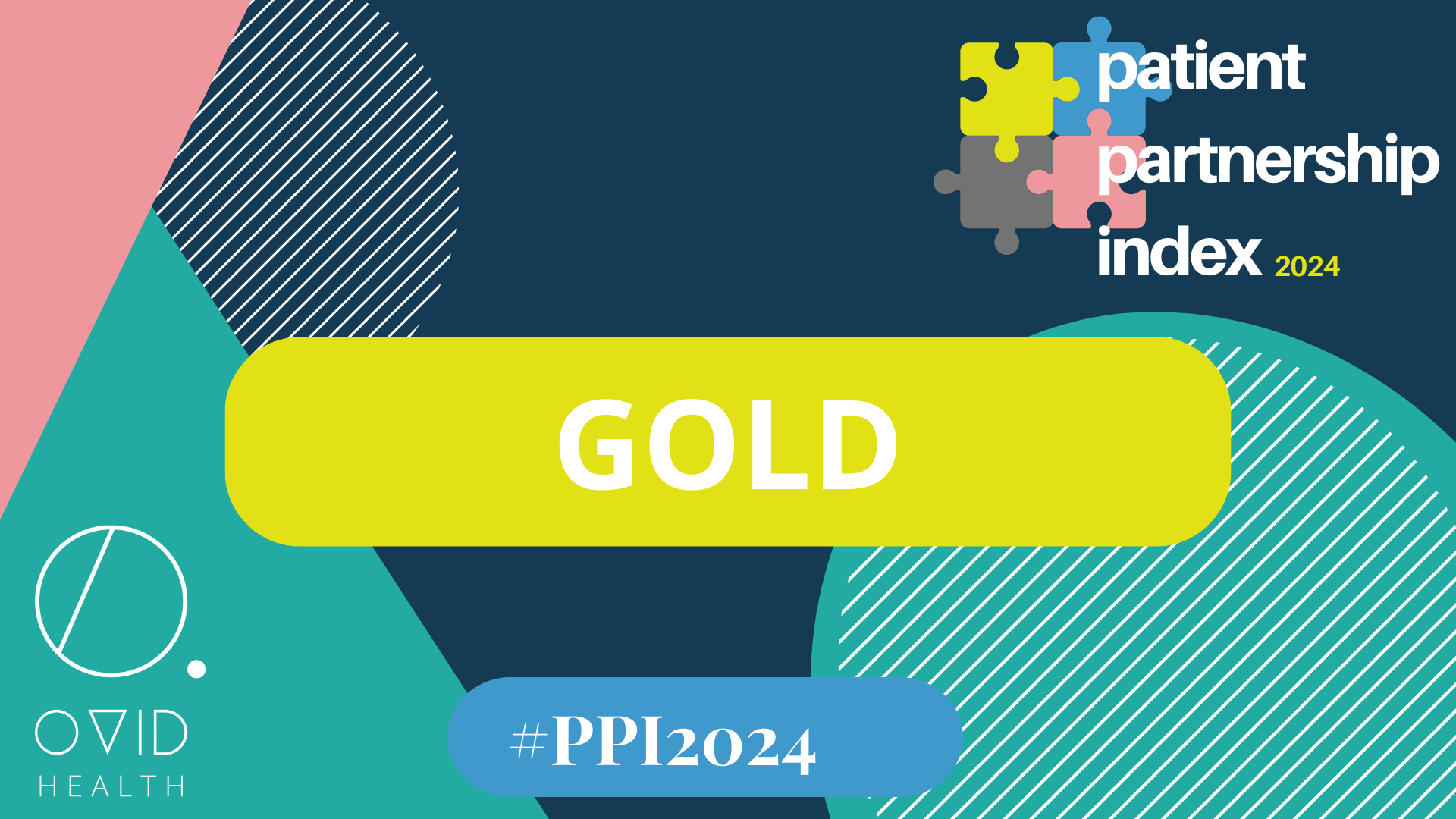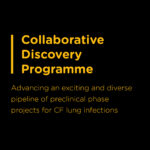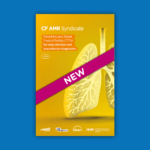CF AMR Syndicate Achieves Gold Standard in Patient Partnership Index
The Cystic Fibrosis Antimicrobial Resistance (CF AMR) Syndicate has achieved the Gold Standard from the Patient Partnership Index (PPI).
The PPI is the UK’s leading initiative in patient-centric communications and advocacy. Based on best practice, it evaluates the highest standards of partnerships between pharmaceutical, biotech and patient communities.
The Gold Standard recognises the Syndicate’s demonstrable collaboration with people with CF. CF is an inherited, life-limiting, progressive disease that affects over 11,000 people in the UK.
The Syndicate aims to accelerate the translation of CF antimicrobials and diagnostics to the clinic and bring new and effective treatment options to people with CF. Its collaborative effort has so far engaged hundreds of CF researchers, advancing projects and programmes to benefit people with CF. It received the PPI’s Gold Standard in 2022.
This year’s judging panel was impressed by the Syndicate’s considerable investment in research, which has delivered a clear impact. People with CF are at the heart of the Syndicate; their involvement from the outset and throughout its initiatives was evident to the panel.
Overall, the Syndicate has exemplified best practices across the key criteria of engagement, co-creation, empowerment, transparency, innovation and impact.
Connie Takawira, Partnership Manager, CF AMR Syndicate, said:
“The CF AMR Syndicate is delighted to achieve the 2024 Patient Partnership Index Gold Standard. Working closely with people with CF is at the heart of the way the Syndicate operates. We strive to ensure a combined approach to identify pertinent needs. Collectively, we set the research agenda to advance the development of promising new treatments and diagnostics for CF lung infections.
“It is a privilege to gain recognition from PPI for our close work with those with lived experience of CF. Collaboration is key for the Syndicate, and we are excited to continue to grow our partnerships and enhance the programme’s impact.”







